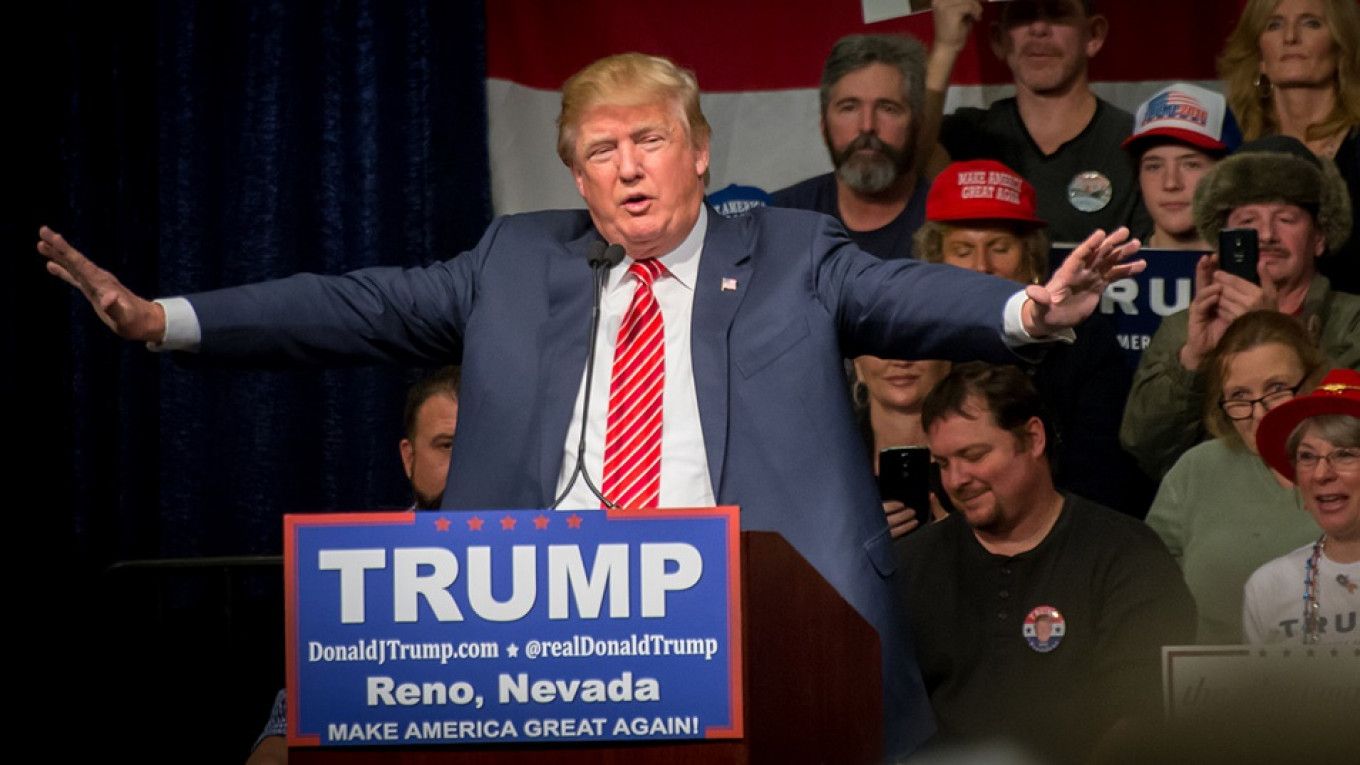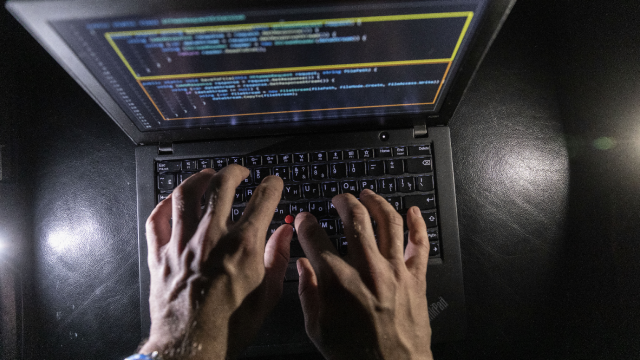Russia has filed a complaint in New York insisting that a U.S. court cannot prosecute it for alleged hacking during the 2016 U.S. presidential campaign, according to court filings.
The Democratic Party sued the Russian government, U.S. President Donald Trump’s campaign and WikiLeaks in April, saying that they had carried out a wide-ranging conspiracy to influence the 2016 election. The party alleges that top Trump campaign officials conspired with the Russian government and its military spy agency to hurt Democratic presidential nominee Hillary Clinton and tilt the election in Trump’s favor by hacking Democratic Party computers. The lawsuit alleges that Trump's campaign "gleefully welcomed Russia's help" in the election.
In last week’s filing to a court in New York, the Russian Justice Ministry argued that it is immune from prosecution under a 1976 U.S. law governing when foreign governments may be sued in American courts.
“The FSIA [Foreign Sovereign Immunities Act] provides that foreign sovereign States enjoy absolute jurisdictional immunity from suit unless a plaintiff can demonstrate that one of the FSIA’s enumerated ‘exceptions’ applies,” the filing states.
“The DNC’s [Democratic Party Committee’s] allegations regarding a purported ‘military attack’ by ‘Russia’s military intelligence agency’ do not fall within any of the FSIA’s enumerated exceptions to the Russian Federation’s sovereign immunity,” it added.
Russia urged the U.S. District Court to dismiss the DNC’s claims and turned the tables on the U.S., calling it “the most prolific practitioner of cyberattacks and cyber-intrusions on the planet.”
New York’s Southern District court in Manhattan will likely dismiss the DNC lawsuit, Moscow’s Higher School of Economics law professor Gleb Bogush told the Kommersant business daily.
“Such a claim in any country is an extraordinary step that leads to the disruption of relations,” he was quoted as saying.
Levon Grigoryan, a lawyer at the Moscow-based Tarlo & Partners law firm, speculated that individual defendants in the lawsuit could face charges under “normal rules of jurisdiction.”
“The trial could drag on for years, but it could end before a judgment on the merits if it loses political relevance, for example, if Trump is no longer president,” he was cited as saying by Kommersant.
Reuters contributed reporting to this article.
A Message from The Moscow Times:
Dear readers,
We are facing unprecedented challenges. Russia's Prosecutor General's Office has designated The Moscow Times as an "undesirable" organization, criminalizing our work and putting our staff at risk of prosecution. This follows our earlier unjust labeling as a "foreign agent."
These actions are direct attempts to silence independent journalism in Russia. The authorities claim our work "discredits the decisions of the Russian leadership." We see things differently: we strive to provide accurate, unbiased reporting on Russia.
We, the journalists of The Moscow Times, refuse to be silenced. But to continue our work, we need your help.
Your support, no matter how small, makes a world of difference. If you can, please support us monthly starting from just $2. It's quick to set up, and every contribution makes a significant impact.
By supporting The Moscow Times, you're defending open, independent journalism in the face of repression. Thank you for standing with us.
Remind me later.






